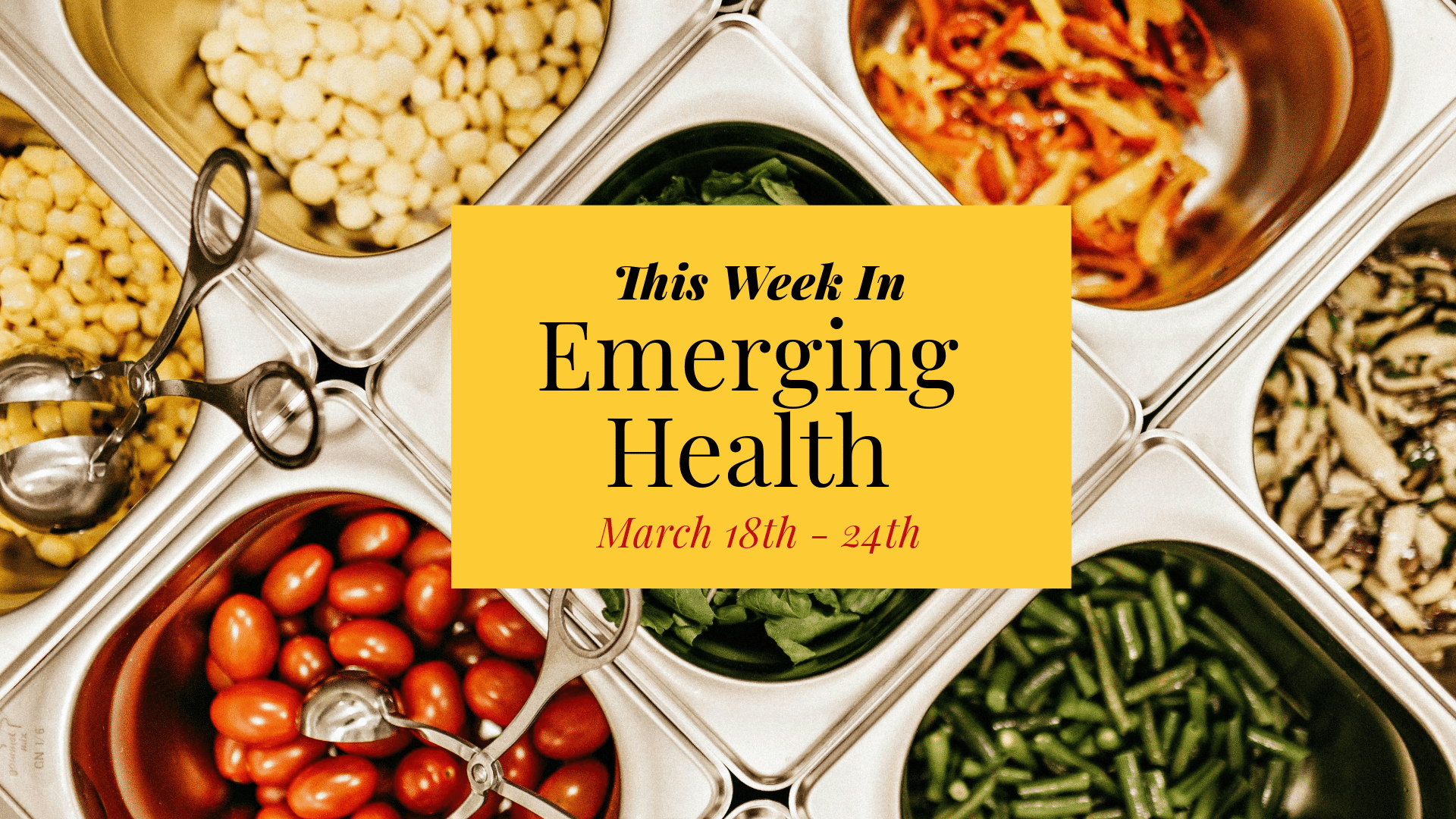The more diverse the bacteria in the gut, the lower the risk of overall infection. Coffee consumption can increase NAD+ production. Cranberries help runners run faster and experience less fatigue. Antibiotic overuse is linked to colorectal cancer. The keto diet may delay Alzheimer’s symptoms.
Every week we discover inspiring, informative, and sometimes shocking health-related news. From new studies to insightful analysis, here is what you need to know this week:
- A diverse gut microbiome decreases the likelihood of overall infection. A new and large study from Europe indicates that for every 10% increase of bacteria type in the gut, the risk of hospitalization from infection falls by 14% to 25%. European Congress of Clinical Microbiology and Infectious Diseases
- A natural molecule in coffee (trigonelline) increases NAD+ levels and may boost muscle growth during aging. A new global study (partially funded by Nestle Research), indicates that trigonelline is a necessary NAD+ precursor found in coffee, fenugreek, and also naturally in the human body. Nature Metabolism
- Cranberry consumption helps runners run faster and reduce muscle fatigue. Recent research shows that taking a cranberry supplement for 28 days prior to running improves performance and fights muscle breakdown. Physical Activity and Nutrition
- Overuse of antibiotics may increase the risk of colorectal cancer. A new analysis from Sweden reviewing over 35,000 bowel cancer patients found that use of prescription antibiotics was linked to a higher risk of right-sided colon cancer. Umea University
- The ketogenic diet significantly slows the progression of early-stage Alzheimer’s-related memory impairment. A recent study from the University of California, Davis, shows that the keto diet had a dramatic impact on brain function and the creation of memory-maintaining molecules. Communications Biology
